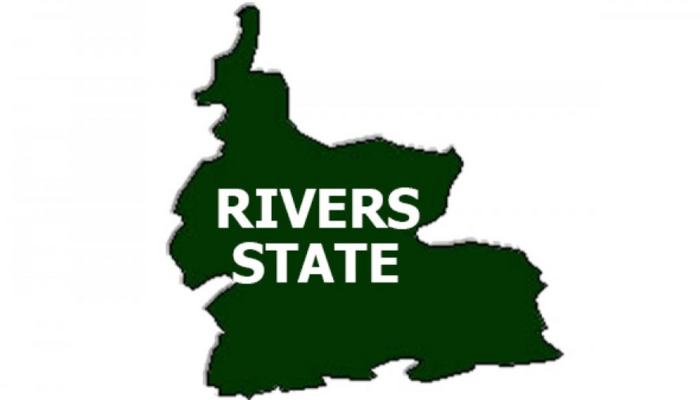From Tony John, Port Harcourt
A coalition of about 30 civil society bodies has filed a petition to the secretary of the Human Rights Committee of the United Nations at 760 United Nations Plaza in Manhattan in New York, United States of America, over the declaration of a state of emergency and suspension of elected officers in Rivers State by President Bola Tinubu.
The coalition, which met in Port Harcourt, Rivers State, yesterday, is asking the United Nations to sanction Nigeria, if it fails to restore democratic order immediately in the state.
In the petition filed by the convener, Egondu Esinwoke and the coordinator, Courage Nsirimovu, the coalition asked the UN to prevail on the President of Nigeria to restore democratic governance in Rivers State or place sanctions on Nigeria for defaulting in her obligation to promote democracy and democratic institutions within her territory.
The petition also implored the UN to advise Nigeria’s president to limit his actions within the confines of the nation’s Constitution, which they said is the ultimate law and from where he derives his powers and authority.
The coalition admitted that they were guided by certain fundamental principles, which are the fulcrum of the constitution of the Federal Republic of Nigeria.
The group tried to brief the UN on the running background of the Rivers crisis, but seemed to weigh heavily against the former governor of the state, Nyesom Wike, who is now Minister of the Federal Capital Territory.
The petition traced his public admittance of procuring forms for all elective office contestants from his party, all with alleged public funds and how the now minister has turned around to insist on micro-managing every elective and appointive public office holder that emerged through his process.
They also claimed it was the refusal of the embattled governor, Siminalayi Fubara, to continue to kowtow to the template that enraged the godfather into ordering his impeachment in October, 2023.
The petitioners continued that, when the lawmakers loyal to this process served impeachment notice to the governor, the governor resisted the move because there was no single offence pointed out to want to impeach a governor that had not stayed up to six months in office and had not even completed appointment of cabinet members. They said this was the genesis of the crisis.
The petitioners stated that the 27 lawmakers that swore to the plot to remove the governor on the say-so of the former governor defected to the ruling party on the directive of the former governor who, they said, has emerged as a strong political force for being an ally of the president of the country.
According to the petitioners, the lawmakers later changed their minds when they allegedly realised the implication. This, they said, created a crisis in the state.
The petitioners stated: “The Nigerian Constitution is explicit and instructive as to the consequence of defection when there is no division in the party that sponsored the defector(s). Section 109(1)(g) provides that upon defection, a state legislator loses his/her seat.”
They said the Supreme Court has ruled on the matter many times to re-enforce the constitution which makes defection in peace time an automatic loss of seat in parliament.
They heaped blame on the FCT minister to have worked through the 27 loyal lawmakers led by Martin Amaewhule, to get a state of emergency declared in Rivers State.
Also, the petitioners outlined how the lawmakers used the courts and the national electoral bodies to constrict the state electoral body and got the local council election nullified.
The coalition also told the UN that Governor Fubara, in the interest of peace and for sake of the suffering masses, accepted the judgement and made several efforts to reach out to the 27 (now reinstated) lawmakers to work together in service to the people.
They stated how the governor tried to comply with the court rulings and how this was frustrated by the minister’s loyalists to pave the way for a state of emergency.
The petitioners kicked against the action of the president, saying, “Section 305 of the Nigerian Constitution which empowers the President to declare a state of emergency does not envisage in any way, the removal of a democratically elected governor.
“The same Section 305 is clear, that the proclamation only takes effect when two-third majority of the National Assembly, the Senate and the House of Representatives affirm the same.
“However, the President insisted it takes effect immediately in flagrant disregard to the Nigerian Constitution. Furthermore, the compromised Senate and House of Representatives used a voice vote to affirm the illegality.”
The petitioners further stated that officials of the Rivers State Government, duly serving the people were being forced to resign and/or removed, and that tension, anxiety and uncertainty were palpable in the state.
